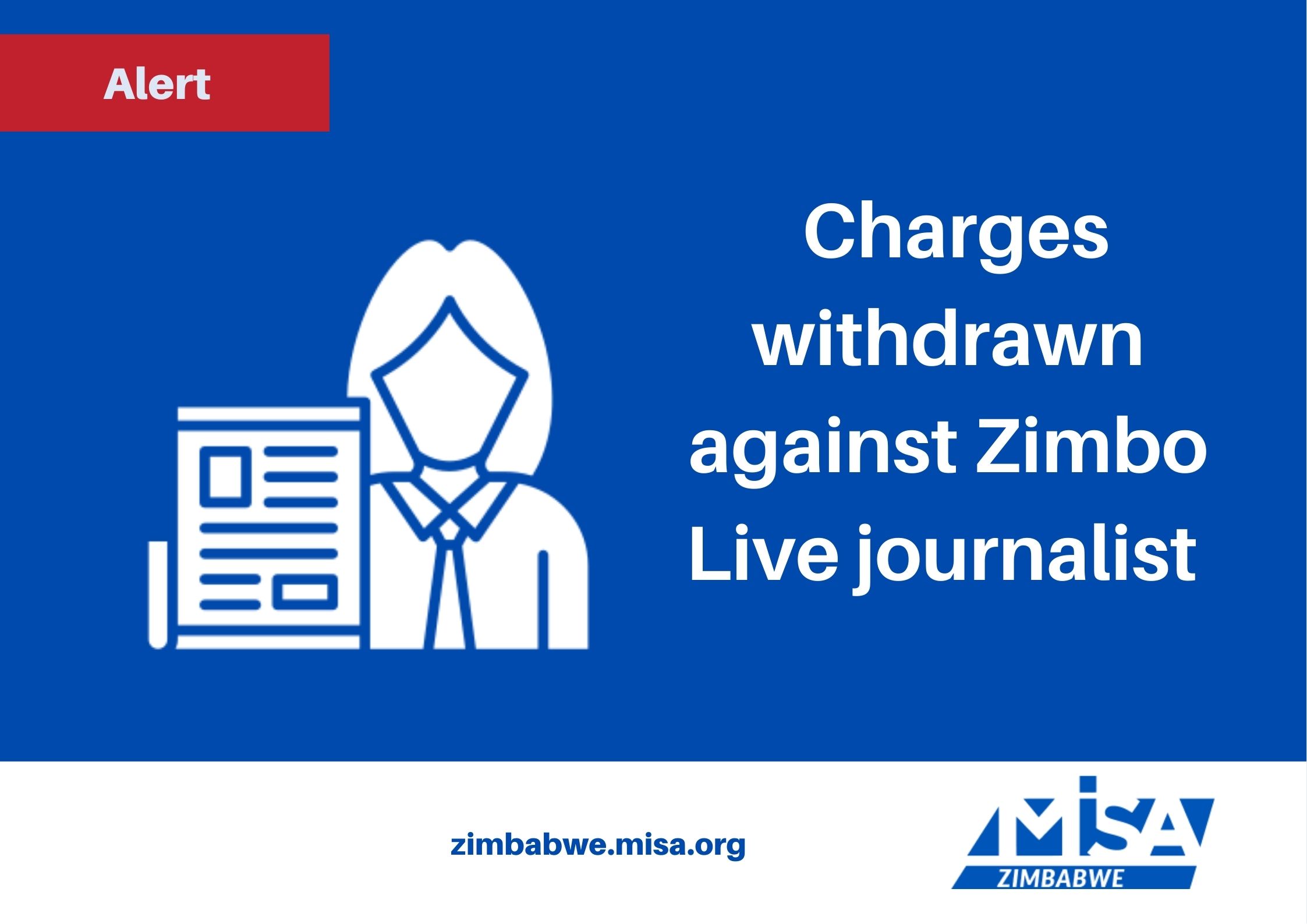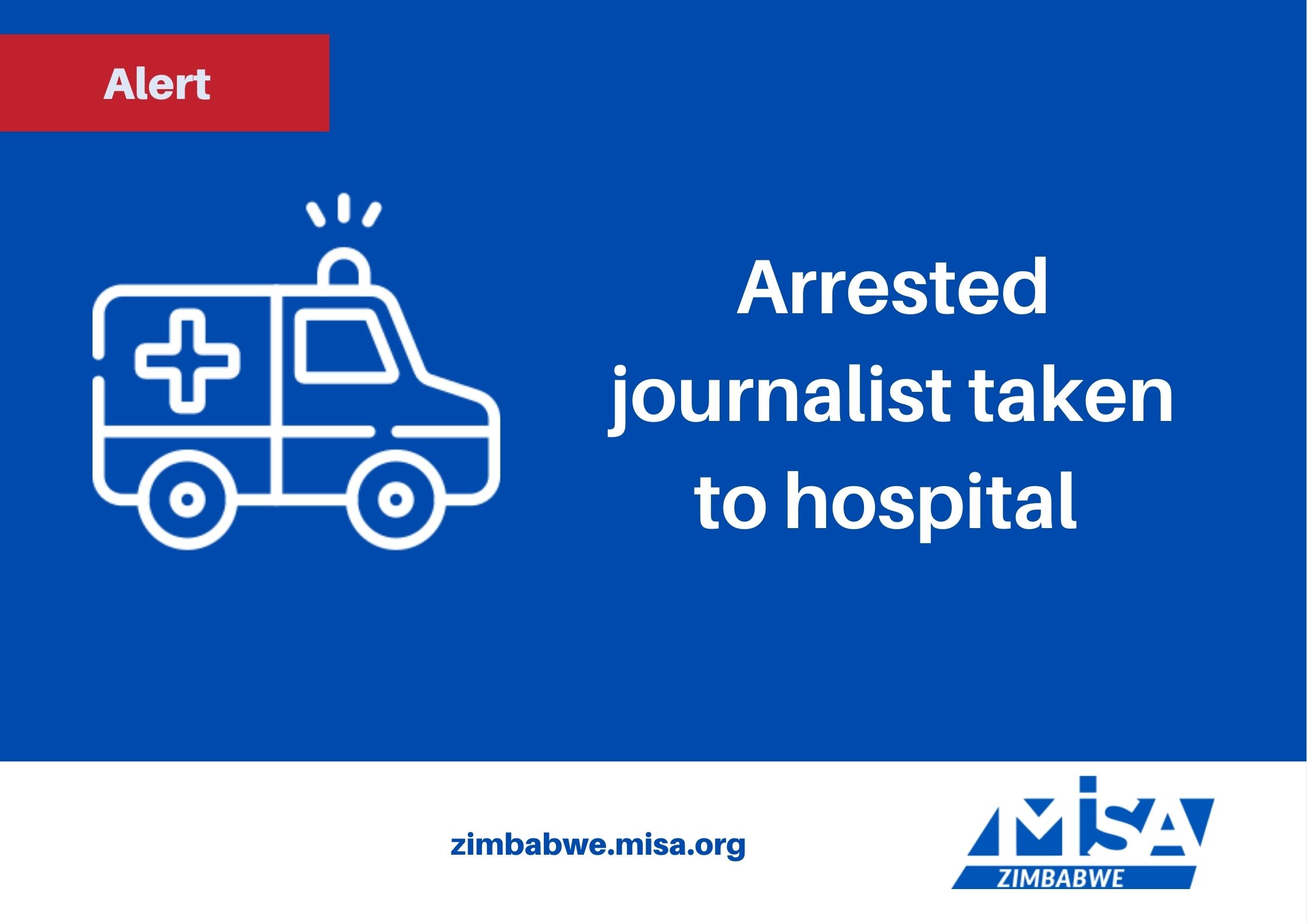On the eve of World Radio Day, the Media Institute of Southern Africa (MISA) hosted a roundtable discussion with five students in their final year of Radio Production at the College of the Arts in Katutura, Namibia. These students were Franklin Muningirua, 24, Ronell Sechogele, 21, Celma Ndhikwa, 22, Marcello Lucian Franz, 20, and Janet Kaiuina, 21.
The theme of this year’s World Radio Day is ‘Youth & Radio’, so we wanted to talk to the future of Namibian radio about the current state of radio in the country.
In this, Part 2 of the discussion, we look at opportunities, or lack thereof, for young people in radio, and why radio stations need to find a way to incorporate more youth voices and programming.
We start by looking at how entertainment shows are the only radio programming aimed at young people.
Celma: It’s not to say that entertainment isn’t a good thing. It’s definitely a good thing. We need to have fun as the youth. Growing up there’s so many things that go on in our lives day in and day out – disappointment, joy, and whatever, the list goes on. But we need to strengthen those weaknesses through radio to encourage our youth during everything that’s going on, because it can be confusing, especially when you’re young. And I just feel like if you strengthen those weaknesses the youth will come out more, and they will feel people understand what they’re going through. We need encouragement through radio, not only television or only newspapers. Radio is a perfect platform for people to see themselves through other people’s lives as long as you can relate then I believe that.
Janet: As youngsters our life isn’t just about happiness all the time. Sometimes we go through difficult times. We need people to give us some advice. We ignore our inner selves. We don’t have that platform to actually live out our fears.
They spoke about the different programming options available on radio to start a discussion about issues that are relevant to young people, such as magazine shows, documentaries and radio dramas.
Ronell: I’d like radio to be more open-minded to ideas and concepts that the youth would like to talk about on radio.
Celma: With radio, knowing that there’re so many things and different information and solutions for things that can be done for you to be okay, but they’re not spoken about. I think that it’s limited on radio. People are scared to talk about sex, but its something that’s happening in our youth anyway. Radio is so limited that people can’t really talk about what’s going in. In entertainment, people smoke, people drink, people have sex – so what’s the difference? Through entertainment they’re encouraging something, a negative. When on the other hand you can use that to do something that will benefit people’s lives.
Ronell: Parents are not talking to their children about sex. Radio, that should be a platform for them to ask questions. What’s a condom? How do you use it? Stuff like that. [Parents should be saying] ‘If you are thinking about having sex, I’m your mother, talk to me.’ [But young people] don’t have that, so radio should be a platform.
Celma: We can talk about the right information in the right manner. We don’t need to be vulgar. Use the right words and I believe that people will understand it … They complain about people talking about sex on radio. What about the songs they play on the radio? They have sex in them. They’re encouraging what people do in bed, so what’s the difference?
Ronell: The other mistake radio stations make is that they think the youth, just because we’re young, only want to have entertainment. But we also want to know stuff. [But sometimes when we listen to the news, we think] ‘this is boring’. They should find a young person to find a fun way to make politics sound fun. Not fun necessarily, but just to make you want to listen to what’s happening in Parliament.
Franklin: I think they can also do it by blending entertainment into education. We only hear entertainment and education separately, so maybe that’s something they need to think about.
Ronell: They only feature something educational once a week or once a month, because they say their ratings go down. But that’s why they should blend education and entertainment to make you want to listen, and while you listen, you’re learning without knowing that you’re learning.
Janet: Rather than bringing in experts like older people, have people who have lived through that experience and let them share.
Franklin: We [need to] use the youth themselves to have like a kiddies news and current affairs on the radio. And that’s what MISA are doing with their Children and the Media programme. Not only using an adult in place of a youth.
Marcello: They should involve the youth by hiring them, give them these platforms and jobs. I once applied for a job and this guy told me no, you’re too young.
Celma: We might be inexperienced but we’re the youth, we know what’s going on. If you take us in, we might be inexperienced but we can get experience.
Ronell: We have fresh ideas about stuff as well. You learn in the process.
This brings us to the issue, similar to the problem of gender imbalance we discussed in Part 1, that, as far as the students can tell, youth are mostly employed as presenters of entertainment shows, rather than having an input into serious content or working behind the scenes.
“The aim is just for [radio stations] to make money,” Celma said. “Then it is an advantage for them to use young people. And those young people are presenters, not producers. They use young people (or voices that sound young) to capture the youth and just make money. But what is the message behind that?”
Radio stations are part of the problem – passing on hiring young, qualified graduates in favour of voices they think will attract audiences. But perhaps some of the responsibility also lies with the youth. There’s a general feeling that often they take these jobs as presenters on entertainment shows, not because they want to reach out to the youth in a meaningful way, but simply because they want to be famous. And a side effect of this quest for fame and popularity is insincerity.
Janet: Maybe we need to change our mentalities as young people because we’re just hung up on fake.
Franklin: Fake accents.
Marcello: Trying to be somebody that you’re not.
Franklin: But you must be your true self.
Celma: Say what you need to say. Just don’t insult anybody!
Janet: We’re trying to be like Beyonce, she’s so cool.
Celma: At the end of the day you lose your identity … At the end of the day you have to accept who you are, be true to yourself, not compare yourself to anybody else.
As we’ve learned over these discussions, radio in Namibia has a lot of problems. In particular, there is a feeling that it only represents older, male voices and viewpoints. Women and young people are used simply as a marketing ploy to attract more listeners, and aren’t taken seriously. But our five young students are not easily discouraged. They are passionate and driven. Last year their class was instrumental in establishing the College of the Arts’ radio station, leaving a legacy for future students. They will graduate at the end of this year, and go into the radio industry with the goal of making their visions of better radio in Namibia a reality.
Their final thoughts on radio?
Celma: Overall I just think that radio is a very, very great platform for people to really express themselves out there.
Franklin: Radio is life.
Marcello: It’s everything.
PHOTO:













